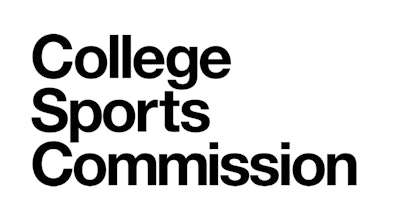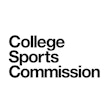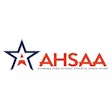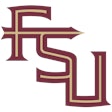
Attorneys representing the plaintiffs in the House v. NCAA settlement have struck an agreement with the power conferences and NCAA officials to amend the decision-making from the industry’s new enforcement arm, the College Sports Commission, related to how booster-backed collectives can compensate athletes.
Multiple sources spoke to Ross Dellenger of Yahoo Sports under condition of anonymity.
As part of the agreement, the College Sports Commission is expected to treat collectives or any “school-associated entity” in a similar fashion as other businesses when determining the legitimacy of third-party NIL deals submitted to the CSC’s NIL Go clearinghouse.
This is a change from the CSC’s previously publicized approach, which included the power to deny athlete deals from collectives because it was holding collectives to a higher threshold. Collectives operating as businesses whose sole existence is to pay athletes could not meet the definition of a “valid business purpose.”
As reported by Dellenger, House plaintiff attorneys Jeffrey Kessler and Steve Berman took issue with that interpretation, sending to the NCAA and power league officials a letter demanding the guidance be retracted and suggesting the dozens of deals the CSC had already rejected be reinstated. Kessler, in his letter, threatened to take the issue to the magistrate judge, Nathanael Cousins, who is presiding over House settlement disputes.
Some of the NIL deals that the CSC rejected while applying the previous guidance will be re-evaluated based on the new approach, Dellenger reported.
"The interpretation of the 'valid business purpose' rule is not insignificant," Dellenger wrote. "It is one of two measurements used by the new CSC’s NIL Go clearinghouse to determine the legitimacy of third-party deals. The second is a Deloitte-created 'compensation range' standard that deals must fall within."
Athletes are required to submit any third-party deal of $600 or more to NIL Go. As of two weeks ago, more than 100 deals were denied and at least 100 more were under review. More than 1,500 deals had been approved, per Dellenger's reporting.
According to Dellenger, the change to the valid business purpose standard potentially opens the door for the continuation of school-affiliated, booster-backed collectives to provide athletes with compensation that, if approved by the clearinghouse, does not count against a school’s House settlement revenue-share cap. This provides collectives a path to strike deals with athletes as long as those transactions deliver to the public goods and services for a profit for the organization, such as holding athlete merchandise sales, autograph signings and athlete appearances at, for example, golf tournaments, Dellenger reported.
The resolution creates what administrators term more of a “soft cap” as opposed to a hard cap, and the expectation is that collectives will create legal ways to provide additional compensation, per recent interviews with Yahoo Sports by power conference commissioners.
One of the CSC’s original goals was to shift athlete pay from these booster-run organizations to the schools, which are now permitted to directly share revenue with athletes under the capped system that began July 1, Dellenger reported, adding that many schools are still operating their collectives as a way to, perhaps, circumvent the system.
"The resolution may not completely end what will likely be continuous negotiations over particular enforcement rules between the power leagues controlling the CSC and the House plaintiff attorneys, who hold authority and veto powers over various aspects of the settlement," Dellenger wrote.





































